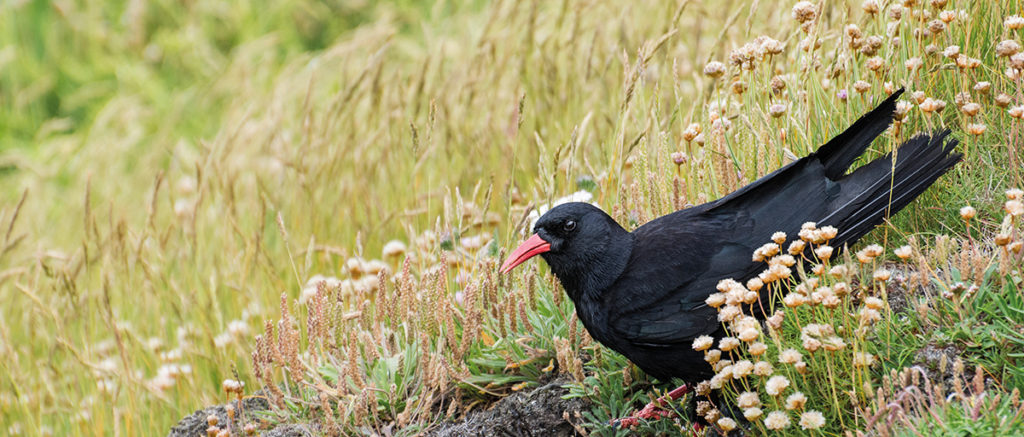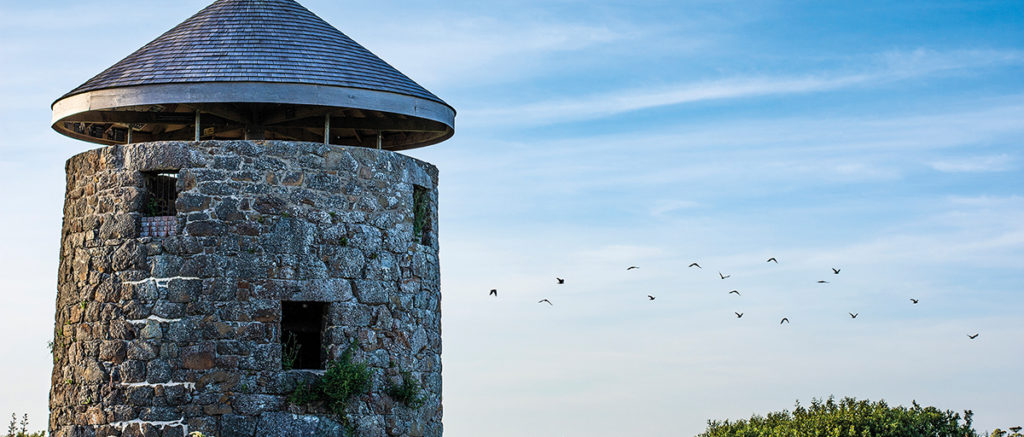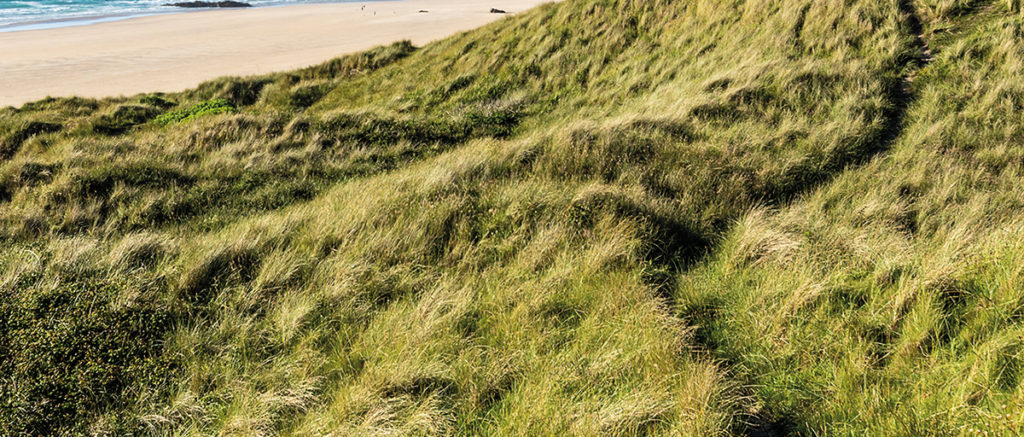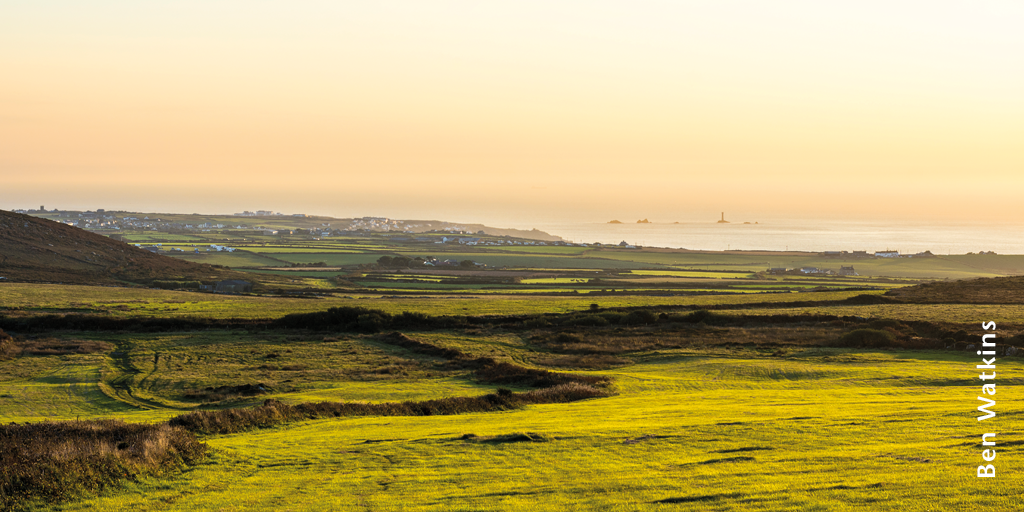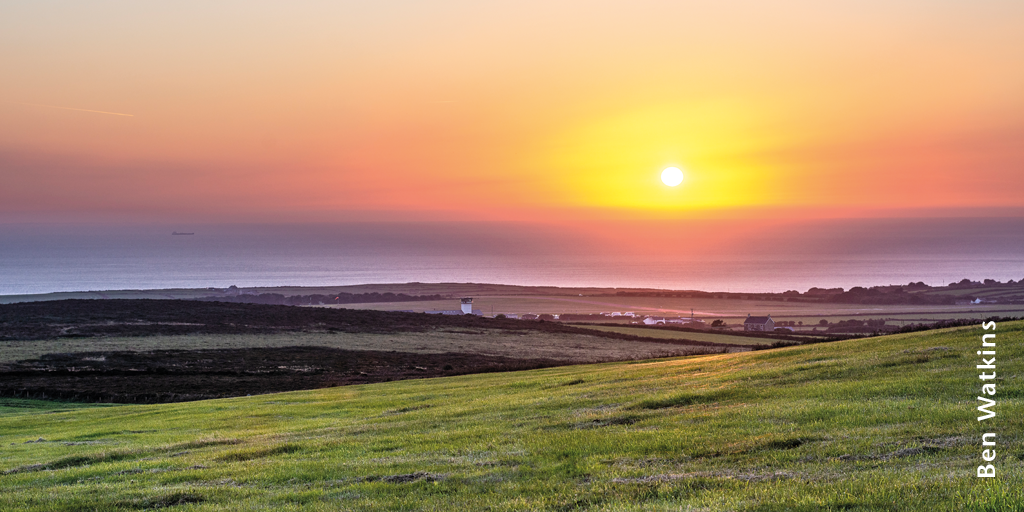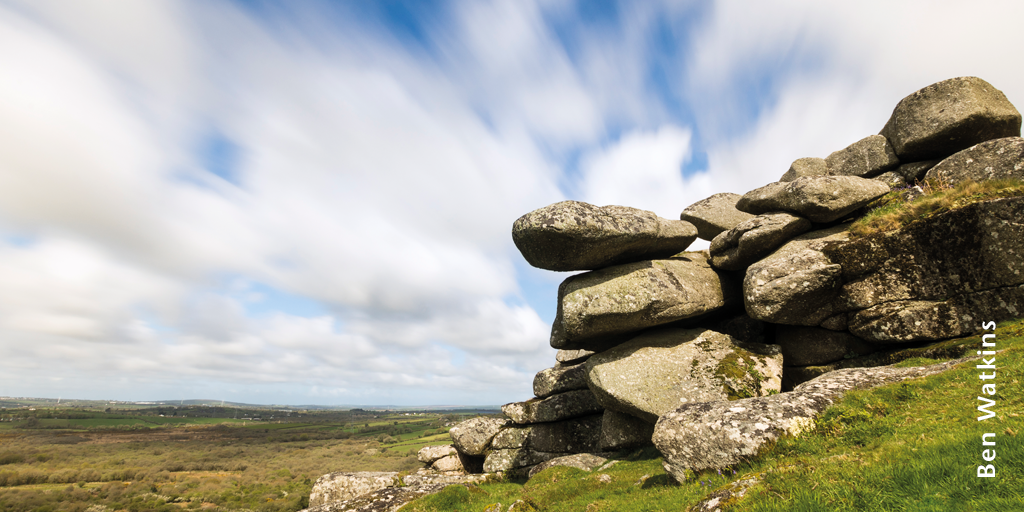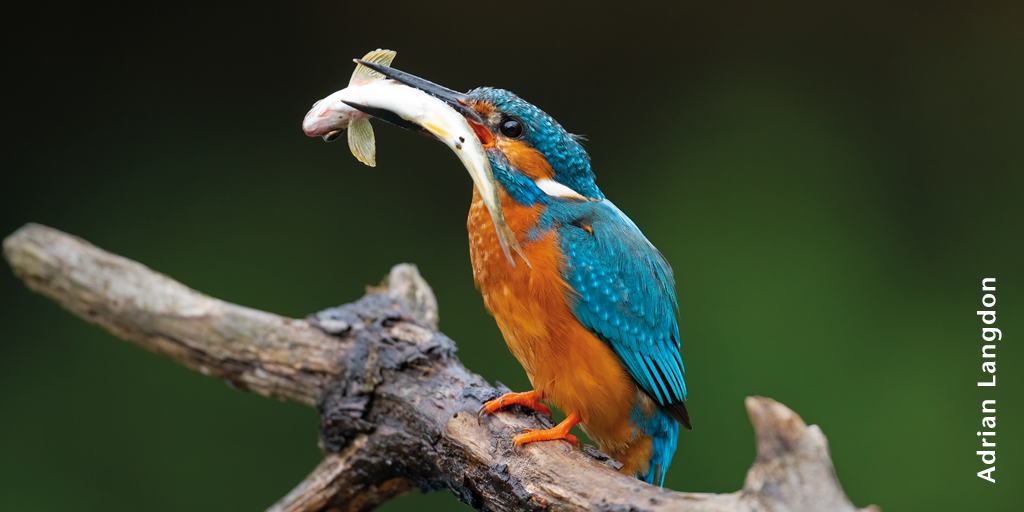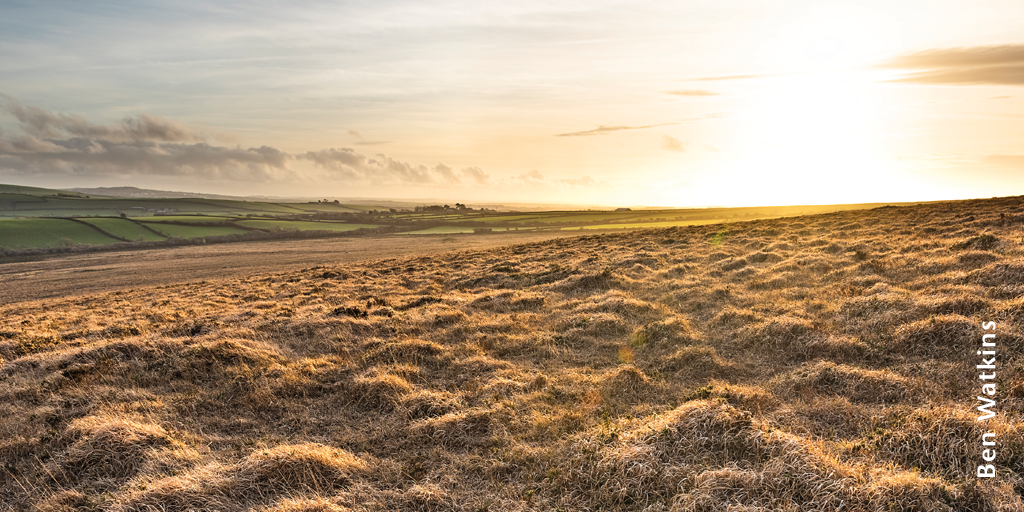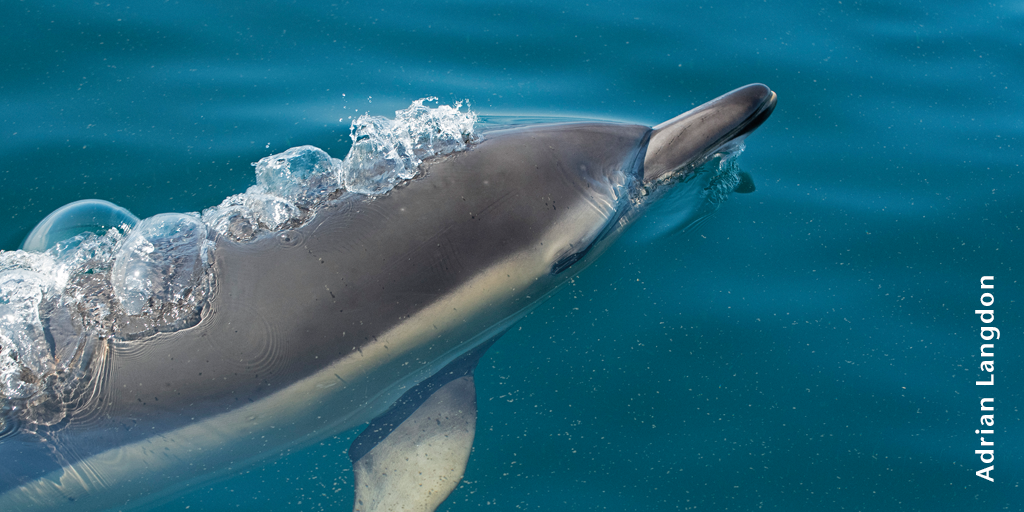

A Resource For Wildlife
Cornwall Wildlife Trust – safeguarding its wildlife and wild places for generations to come.
It’s a beautiful time of year in Cornwall and one where many visitors come to explore the picturesque countryside views, hidden coves and over 400 miles of stunning coastline. Cornwall Wildlife Trust is keen to encourage people to enjoy the amazing wildlife in Cornwall whilst also helping to protect it.
As one of the best places in Britain for wildlife watching, you can expect to see a rich variety of marine life, including sharks, seabirds and globally rare grey seals that frequent our shores. On land, we have an exceptional array of wild creatures, many of which can be spotted at one of Cornwall Wildlife Trust’s 59 nature reserves. From beautiful butterflies to rare, colourful birds and beavers that are back after centuries – there’s plenty to see!
No matter where you’re staying, whether on the coast or inland, there are plenty of opportunities to enjoy Cornwall’s amazing wildlife, and Cornwall Wildlife Trust has some great advice to help make sure our enjoyment doesn’t take precedence over the safety and wellbeing of the animals that you encounter.
First and foremost, it is important to avoid disturbing any wildlife by following the Cornwall Marine and Coastal Code. Many wildlife species are under increasing pressure from human activity and therefore need our help and respect. Remember to give wildlife space and time, observe from a distance and avoid actions that may scare, startle or panic them and to leave only footprints when exploring.
If you want to take it a step further and actively help protect the wildlife of Cornwall, then here are a few more suggestions for you. Cornwall Wildlife Trust hosts the Environmental Records Centre for Cornwall and the Isles of Scilly (ERCCIS) – the central resource for wildlife and habitat information for the county. They are encouraging anyone to submit their wildlife sightings as this will help them improve understanding of the natural history of Cornwall, as well as to be used in decision-making, education, research and other public benefit purposes. Some other great ideas include supporting local Cornish businesses whilst you are visiting, eating sustainable seafood and getting involved in a beach clean.
You can read more about how to discover Cornwall in a way that helps safeguard its wildlife and wild places at www.cornwallwildlifetrust.org.uk/visitcornwall
CORNWALL WILDLIFE TRUST
Five Acres, Allet, Truro TR4 9DJ
www.cornwallwildlifetrust.org.uk
